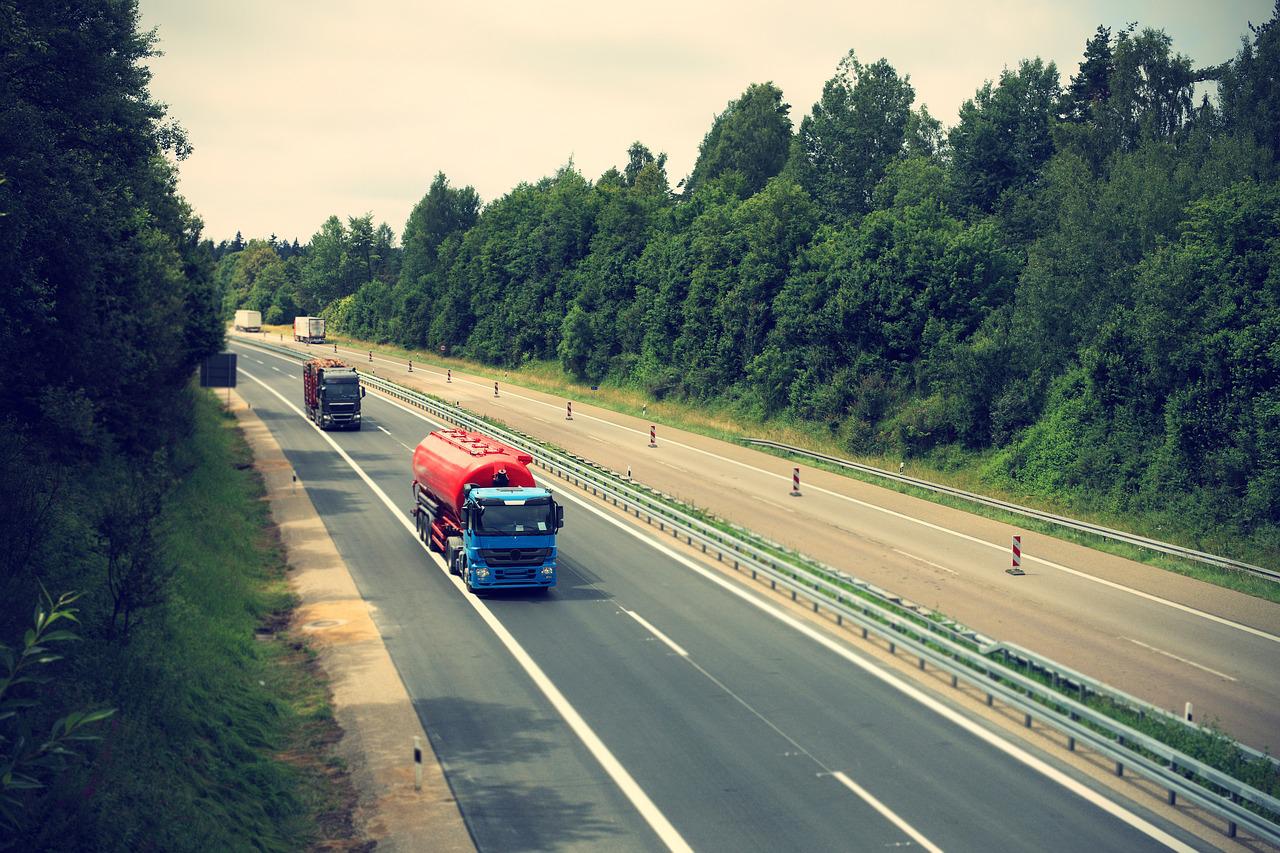1. Supplies for First Aid
This is not only good practice but it is also required by law when you are doing HGV training. HGV and truck drivers need to have first aid supplies at hand should they get injured while driving. A first aid kit should at least have the basics such as sterile wipes, large dressings, a variety of plasters, and disposable medical gloves.
2. An Emergency Kit
Drivers of HGVs and trucks should expect the unexpected. The right emergency kit can help drivers cope with an emergency situation. Equipment should include items such as jump leads, a powerful torch, a de-icer, batteries, and a selection of commonly used tools such as pliers.
3. Personal Hygiene Supplies
Your personal hygiene can be just as important as having the right equipment at hand to cope with emergencies. Taking care of yourself while on the road is absolutely necessary. Make sure that you have supplies such as baby wipes, a change of clothes, nail scissors, hand sanitizer – and that all-important toilet roll. These will help you keep in great shape.
4. Comfort is King
Your cab is your home away from home – and it should be comfortable. Take along items like a handheld vacuum cleaner, sunglasses, and perhaps even a selection of cleaning cloths (and a small bottle of household cleaner) – it’s the little things that can make the journey more pleasant.
5. Equipment to Ensure Road Safety
Trucks break down – it’s a simple fact of life, make sure that you are prepared for the unexpected. Having the right road safety equipment can save your life. Have items like high-visibility cones and a high-vis jacket – these will keep you safe while you wait for assistance. A blanket will keep you cozy and warm when the temperature dips.
6. A Small Tool Set
A full tool kit can be inconvenient to transport – but a small one, with all the essentials, will allow you to cope with those small challenges that are sure to pop up. A multitool is essential, but supplement that with some essential types of screwdrivers and perhaps duct tape (and the pliers mentioned earlier). Those will help tighten things up and cope with some common problems.
7. Loading and Unloading Equipment
Most of your job will be moving down the highways and byways of the country, however, there is going to be a fair bit of loading and unloading as well. Have the right kit to make this easier. Pack goggles for eye protection, a hard hat, gloves, and have a pair of work boots in the cab.
8. Maps
You may have that handy mobile phone that can help you find your destination – but those can be unreliable in certain circumstances – go old school with paper-based maps to ensure you get where you are going, safely and within the timeframes that are required.
9. Equipment Related to Food and Drink
Sometimes you become so focused on the job that you can lose sight of the fact that you’re actually a human being that needs sustenance. It’s essential that you stay healthy. Equipment like a small cooler will keep water and soft drinks cool – and allow you to keep food fresh. Have some nutritious snacks at hand. A portable camp cooking device is a good idea if you are setting out on an overnight trip.
10. Keep Entertained
Driving an HGV or a truck involves long hours on the road, but it can also involve hours of waiting while dropping off and picking up assignments. Pack some magazines, make sure that you have your smartphone or tablet with you, and a handheld video game console might be a good idea. These make those inevitable waiting periods that much more bearable.



